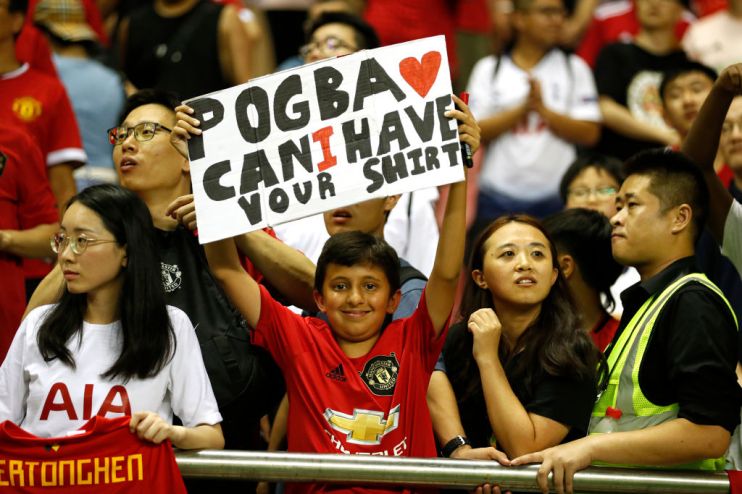Why the European Super League can prove to be a winner for all stakeholders and future-proof the game

The proposed European Super League (ESL) represents the biggest shake-up of football since the creation of the Premier League and Champions League.
As with any significant change, the plan has received its share of critics, many of whom suggest that it represents a money grab by the most powerful clubs.
However, far from weakening football, I believe the ESL will actually strengthen it and prove to be a winner for all stakeholders.
Firstly – and most importantly – the league delivers on what fans the world over have long desired: the best teams playing the best teams.
There’s a reason that the Champions League and World Cup finals are often among the most viewed events of the year, and it’s because they represent the best of the best.
We all want to see who the top team is, and the Super League allows this to happen more regularly.
The simple presence of top teams often draws more fans, with viewing figures for the Premier League’s short lived pay-per-view service showing that a game between Leicester and Aston Villa drew only half as many fans as the Newcastle v Manchester United game that same weekend.
European Super League in same bracket as World Cup and Olympics
The appeal of such a competition to sponsors is clear, as they will finally have a genuine global marketing platform.
A European Super League will immediately be the foremost club-based sporting competition in the world and will be a very enticing concept for serious global brands.
The level of interest in the competition would likely only be matched by events such as the World Cup and Olympics, so businesses could find that there is no better way to get their products in front of potential customers.
Fans in new markets could also be given more opportunities to witness first-class football.
We could even see big competitive matches being played in growth markets such as China and North America, rather than the mere exhibition matches that have been held there to date.
This better reflects the reality of modern football, where much of a club’s fanbase may not be near any stadium.
Better engagement and monetisation
Finally, a European Super League will also allow teams to grow.
The format of the league means that they’ll be able to better engage and, quite frankly, monetise the global fanbases that they’ve been able to build.
Rather than the outdated approach with which media rights are allocated at present, the ESL could partner with a single media company to ensure that all fans across the world are given equal access in following their favourite teams.
Football has undergone many evolutions over the decades to become the greatest game in the world.
The proposition of a European Super League is just the latest evolution and will ultimately future-proof the game.
Steve Madincea is the founder and managing director of Fantastec SWAP and previously founded sports marketing, PR and event agency Prism.